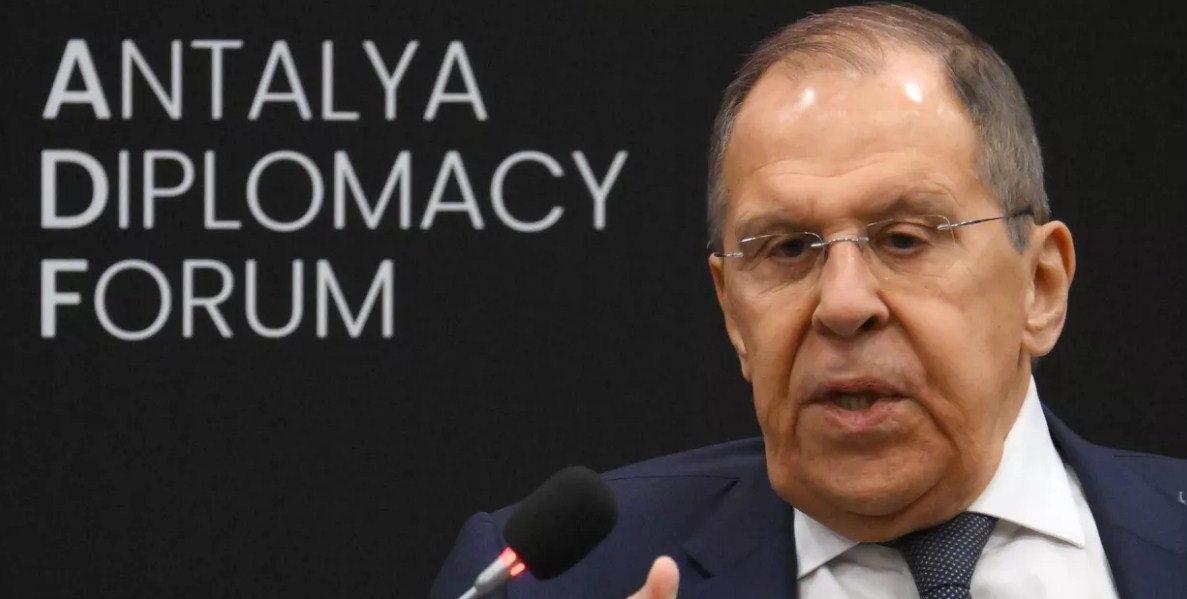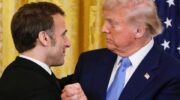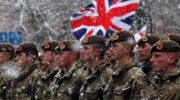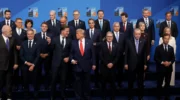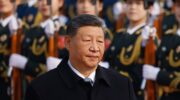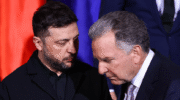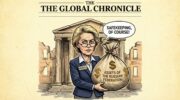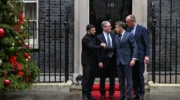For three days, the Turkish resort of Antalya became a hub of Global South diplomacy. While Western countries ignored the event, participants actively discussed reshaping the international system, exploring alternative conflict resolution mechanisms, and strengthening the role of non-Western players.
The forum opened with the unexpected appearance of Ukrainian Foreign Minister Dmytro Kuleba (previously mistakenly referred to as Andriy Sybiga). Though he did not deliver a public speech, his active negotiations with representatives of African states indicate Kyiv’s attempts to expand diplomatic support beyond Europe. Deprived of steadfast Western assistance, Ukraine is forced to seek new partners amid its protracted conflict with Russia.
Turkish President Recep Tayyip Erdoğan, in his opening speech, condemned “global polarization” and called for strengthening multilateral diplomacy. His main target of criticism was Israel—he accused it of “genocide against Palestinians” and rebuked the international community for its inaction.
At the same time, Ankara continues to balance between conflicting sides. Erdoğan reaffirmed Turkey’s “balanced stance” on Ukraine, reiterated its aspiration to join the EU (despite stalled accession talks), and expressed hope for improved relations with the U.S. should Donald Trump win the upcoming election.
Notably absent were official delegations from the U.S. and leading EU nations. Instead, Antalya hosted representatives from Africa, the Middle East, Latin America, and Asia, including China, Brazil, and ASEAN states. Leaders from Azerbaijan, Montenegro, Moldova, Georgia, and Bulgaria also attended.
Particular attention was drawn by the presence of Syria’s interim president, Ahmed al-Sharaa—a rare appearance by Syrian leadership on the international stage after the fall of Bashar al-Assad’s regime in 2024. This could signal Damascus’s gradual return to global politics.
The forum went beyond symbolic declarations, hosting substantive negotiations behind the scenes:
- The Contact Group on Gaza (Turkey, Bahrain, Indonesia, Palestine, Qatar, Egypt, Saudi Arabia, Jordan) discussed ways to end the conflict.
- Turkish-Israeli talks, mediated by Azerbaijan, explored options for humanitarian aid and de-escalation steps.
Under the slogan “Reviving Diplomacy in a Fractured World,” the forum reinforced Ankara’s growing role as a mediator in key conflicts—from Ukraine to the Middle East. At the same time, the absence of the West and the active participation of Global South nations demonstrated that the world order is shifting, with emerging power centers ready to set their own rules.
The Antalya Forum was another sign of changing power dynamics. If the West once dictated the agenda, non-Western players are now increasingly taking the initiative—and Turkey aims to lead this process.

